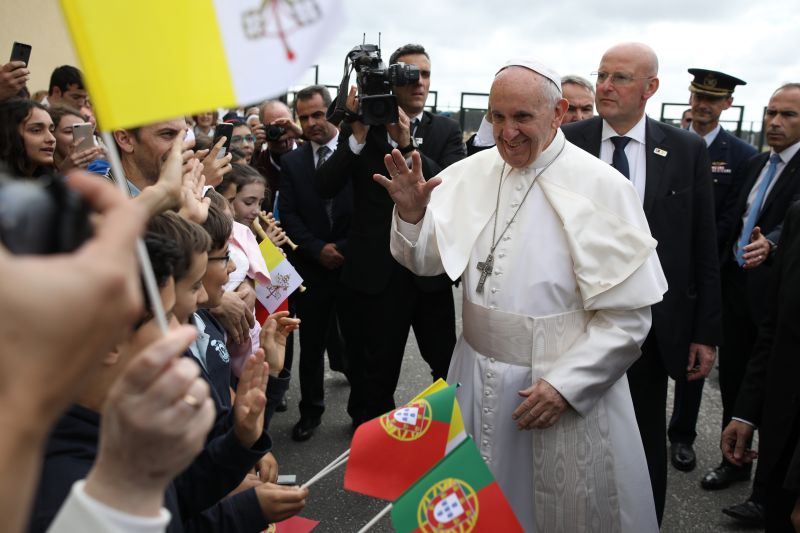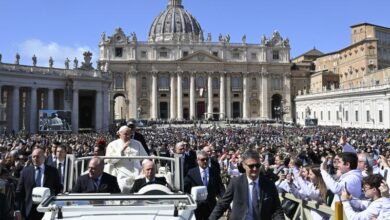Four Latin American countries among the top 50 most dangerous in the world for Christians

 null / Credit: Shutterstock
null / Credit: Shutterstock CNA Newsroom, Jan 19, 2023 / 15:00 pm (CNA).
The Open Doors organization has published an updated ranking of the top 50 countries in the world where Christians are most persecuted, and four Latin American nations have made the list.
The study revealed that “the number of persecuted Christians reached a total of 360 million worldwide.”
Since 1993, Open Doors has published an annual ranking of the 50 countries where it is most difficult to follow Jesus Christ.
According to the study, Colombia is the most dangerous country for Christians in the Americas and ranks 22nd worldwide.
Despite the fact that most of its inhabitants profess the Christian religion, followers of Jesus in rural areas “suffer persecution from their own indigenous communities.”
The Open Doors study noted that in Colombia, “armed guerrilla groups and gangs still control and fight over large parts of the national territory.”
For these groups, the Church is seen “as a threat to their power and stability, particularly when gang members become Christians or church leaders speak out against violence and corruption.”
The next Latin American country on the list of the most dangerous nations for Christians is Cuba, ranking 27th, where the Church is constantly persecuted by the communist regime.
“Christian activists or church leaders speaking out against corruption or political issues can be arrested and imprisoned,” the study notes.
“The authorities compile a database of churches and pastors considered ‘counterrevolutionaries,’ which these Christians fear will be another way to monitor and control them,” Open Doors explained.
Mexico ranks 38th on this list and is the third most-dangerous country for Christians in Latin America.
In the Aztec country there are some 150 organized crime gangs financed by powerful drug cartels.
The study explains that Christians who live in areas dominated by these groups are constantly threatened for daring to speak out against crime.
This situation is aggravated by “the impunity and political instability that contribute to the lack of justice.”
The fourth Latin American country and last on the top 50 list is Nicaragua, which currently is ruled by the dictatorship of President Daniel Ortega and his wife, Vice President Rosario Murillo.
“Roman Catholic churches are the most susceptible to [government] opposition,” Open Doors indicated.
In addition, “the government is particularly hostile to churches that provided shelter and care for people during the widespread protests that broke out against the country’s dictatorial regime in 2018.”
Topping the list published by Open Doors is North Korea, which continues to be a country “extremely hostile to Christians.”
“If discovered by the authorities, believers are either sent to labor camps as political prisoners where the conditions are atrocious, or killed on the spot — and their families will share their fate as well,” the report stated.
In North Korea, “Christianity is seen as a particular threat to the dictatorial ideology and governance of the country’s barbaric regime.”
North Korea is followed on the list by the majority Islamic countries of Somalia, Yemen, Eritrea, Libya, Nigeria, Pakistan, Iran, Afghanistan, and Sudan.
Marco Cruz, director of Open Doors, believes that in order to address this extreme persecution “it’s necessary to know the reality that our brothers are facing,” he said.
In addition, he stressed the importance of responding to this violence “with extreme love.”
“This love prompts us to pray and act to respond to the needs of our brothers, helping them to remain steadfast in the love that casts out all fear,” he concluded.
This story was first published by ACI Prensa, CNA’s Spanish-language news partner. It has been translated and adapted by CNA.






